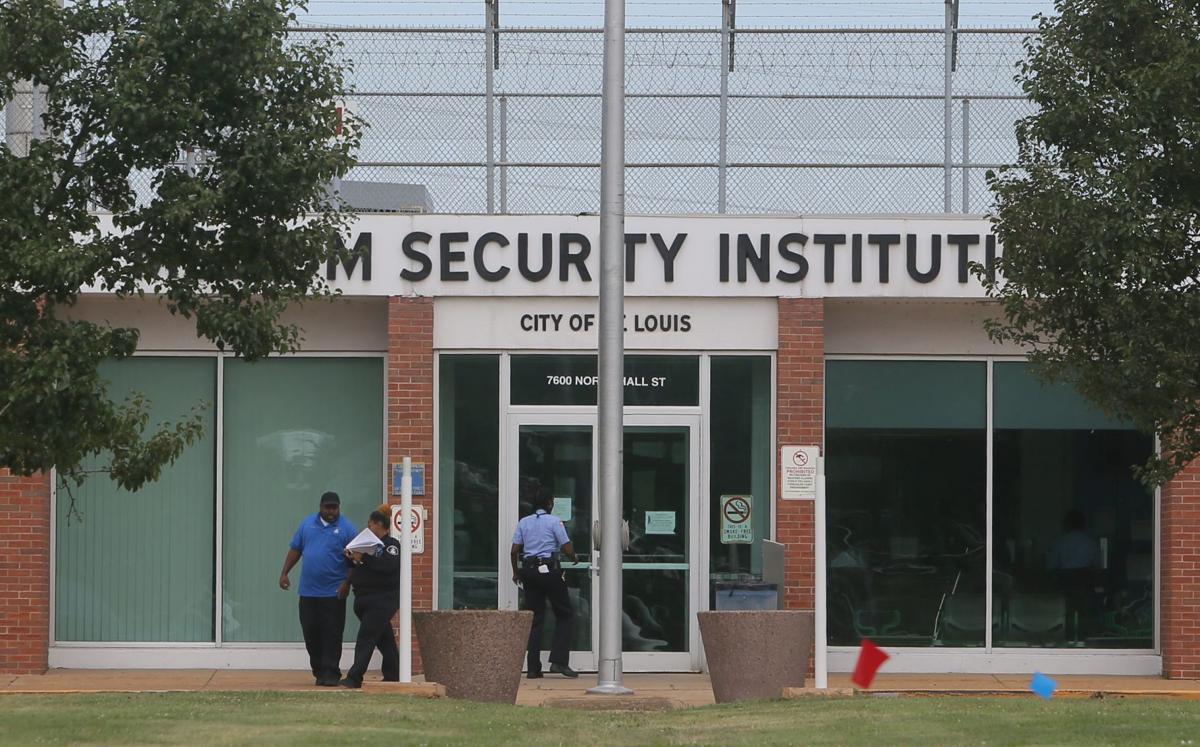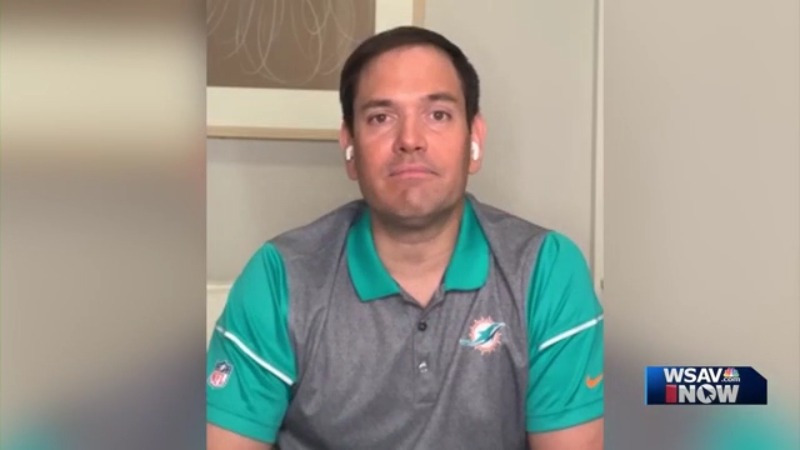CONNECTEMAILMORE
An Ozarks lawmaker raised eyebrows this week when he filed a bill to solve a problem some say doesn’t exist.
If passed, the resolution from Rep. Curtis Trent, R-Springfield, would ask voters to make a one-word change to the Missouri Constitution.
Rather than saying “all” U.S. citizens who are 18 or older can vote, Trent wants it to say “only” U.S. citizens who are 18 or older can vote.
In a news release, Trent said the change is necessary to “make absolutely clear that U.S. citizenship is required to vote.”
He said cities including San Francisco and Chicago and some towns in Maryland currently allow noncitizens to vote in some local elections and warned that efforts are afoot to introduce the idea in other states.
Not all officials agree such a threat is real, but Trent says his concerns are rooted in an old Supreme Court ruling with Missouri roots.
His bill mirrors efforts in several other states backed by conservatives, including some prominent boosters of President Donald Trump.
Could that really happen here?
Local election authorities don’t see the point.
Greene County Clerk Shane Schoeller said U.S. citizenship is one of the requirements to register to vote in Missouri.
“You can’t be on the rolls if you’re not a citizen,” he said.
The Secretary of State’s website says the same thing.
Schoeller also sent the News-Leader a copy of a registration form that requires an applicant to first check a box saying they’re a citizen and give a signature certifying a statement including the words “I am a citizen of the United States.”
“If a noncitizen is voting, it’s because they’ve lied in the application,” he said.
It’s not clear anyone is looking to change that, on either side of the aisle.
House Minority Leader Crystal Quade, D-Springfield, said no one in her caucus had any interest in allowing noncitizens to vote.
“The existing language already guarantees voting rights are only for citizens,” she wrote in a text message. “I have not been told about any efforts to change that, other than Rep. Trent’s bill to add language.”
A 144-year-old threat?
Trent told the News-Leader he worries about a different kind of challenge, one rooted in a 144-year-old U.S. Supreme Court ruling on whether a St. Louis woman named Virginia Minor had the right to vote.
Forty-five years before the ratification of the Nineteenth Amendment, the justices ruled that the U.S. Constitution did not grant Minor the right to vote as a female citizen.
But when Chief Justice Morrison Waite wrote the opinion for a unanimous court, he said some interesting things about noncitizen voting, like “citizenship has not in all cases been made a condition precedent to the enjoyment of the right of suffrage.”
“Thus, in Missouri,” Waite continued, “persons of foreign birth, who have declared their intention to become citizens of the United States, may under certain circumstances vote.”
It wasn’t a foreign notion at the time. Noncitizens voted in the American colonies and 40 states between the declaration of independence and the 1920s, and Waite noted the constitutions of Alabama, Arkansas, Florida, Georgia, Indiana, Kansas, Minnesota, and Texas allowed it as he wrote in 1875.
That changed in the next 50 years amid an uptick in new immigration restrictions — Missouri ended the practice in 1924, and two years later, every other state had, too, according to an article in the Michigan Law Review.
But advocates still cite the Minor decision in their arguments for bringing noncitizens back onto voting rolls.
U.S. Rep. Jamie Raskin, D-Md., noted it in a paper he wrote after leading a campaign to let noncitizens vote in Takoma Park, Maryland in 1991. Ron Hayduk, a professor of political science at San Francisco State University, cited it approvingly in an article headlined “Why Non-Citizens Should Be Allowed to Vote” last year.
Trent said the opinion needs a response.
“There’s some ambiguity there,” he said, “We should put it before the people and let the people decide.”
A national effort with Trump ties
Trent is not alone.
North Dakota voters made the change last year after an effort led by a former state GOP chairman put the question on the ballot, and Alabama lawmakers voted this year to submit the idea to voters in 2020.
Noncitizen voting will also be on the 2020 ballot in Florida, where John Loudon, a former Missouri state senator from St. Louis County, chaired an initiative petition drive.
Scrutiny has followed that Florida success, though.
A Washington Post article noted that Citizen Voters Inc., a nonprofit where Loudon also serves as an officer that’s given millions of dollars to the Florida campaign, does not disclose its donors. (Loudon said the nonprofit complies with all legal disclosure requirements.)
It also described Loudon’s connections to Trump and quoted a University of South Florida professor who said the effort is meant to make a statement about immigration — which Trump wants to restrict — and drive up Republican turnout in 2020, when Trump is up for re-election.
The Trump connections are straightforward. Loudon previously worked as an adviser at the pro-Trump nonprofit advocacy group America First Policies.
His wife, Gina Loudon, bills herself on LinkedIn as a national co-chair of Women For Trump Media Advisory Board at the Trump campaign.
She also published a book last year and told Fox News host Sean Hannity it “uses science and real data and true psychological theory to explain why it is quite possible that this president is the most sound-minded person to ever occupy the White House.”
Last year, Gina Loudon also posted a photo of herself, her husband and Trump at his private Mar-a-Lago club, where the Loudons are reportedly members, writing “Lovely to see @realDonaldTrump relaxed and happy.”
John Loudon said the idea that the petition effort had anything to do with the immigration issue is “absolutely silly” in an interview with the News-Leader on Friday.
John Loudon said his concern is combating the argument “that if you live here, you should have the right to vote,” which he said could open the door to students with foreign visas, people with work permits and undocumented immigrants voting.
Trent, who said he has not spoken with John Loudon about the issue, also rejected the idea that the effort is about immigration and boosting turnout.
“That kind of framing seems to suggest that the policy is bad because it happens to be popular,” he said. “I don’t put much stock in that kind of argument.”
Opponents aren’t putting much stock in his arguments, either.
The campaign arm of Missouri House Democrats tweeted that Trent is “using xenophobia and bigotry to advance his political career” and “insulting Missourians by assuming they are not only bigots but assuming they are too dumb to know the law.”
Senate Minority Leader Gina Walsh, D-Bellefontaine Neighbors, said Trent is simply wasting people’s time better spent on making it easier for citizens to vote.
“Amending the Constitution should be a serious undertaking only used when absolutely necessary — not a process used to confuse and frighten voters,” Walsh said in a statement. “What Missouri really needs to ensure safe, strong and representative elections is to join the 39 other states that allow early voting.”
The Missouri legislature will start its 2020 session on Jan. 8.
CONNECTEMAILMORE
Read or Share this story: https://www.news-leader.com/story/news/politics/2019/12/15/local-rep-wants-more-explicit-ban-noncitizen-voting/4417283002/


